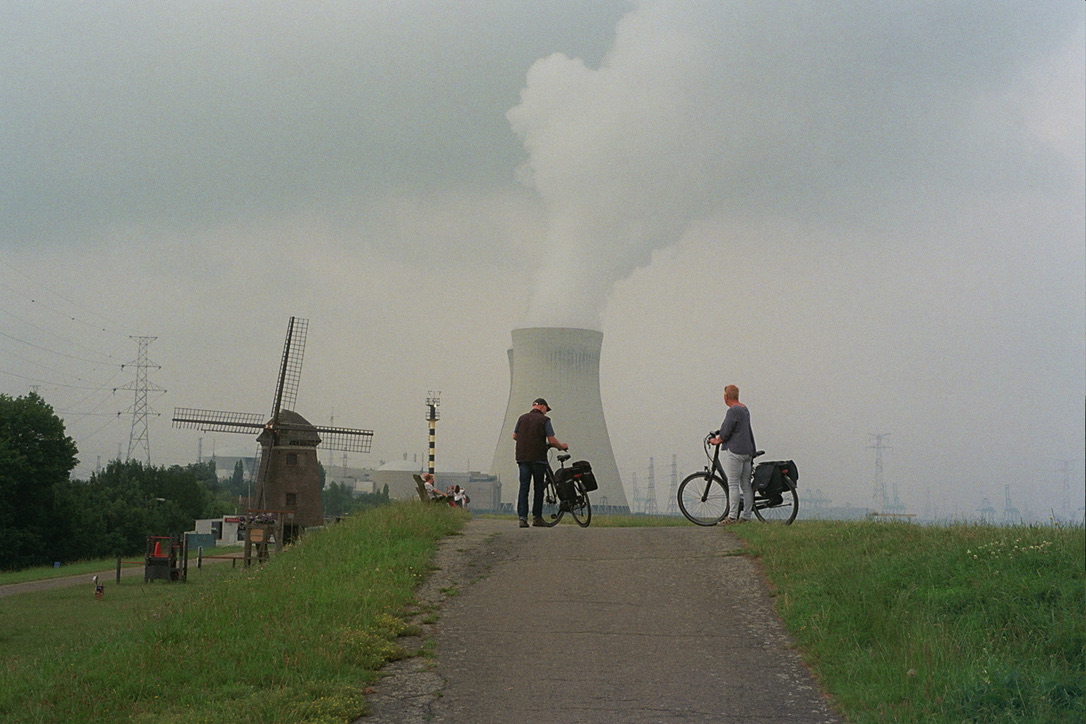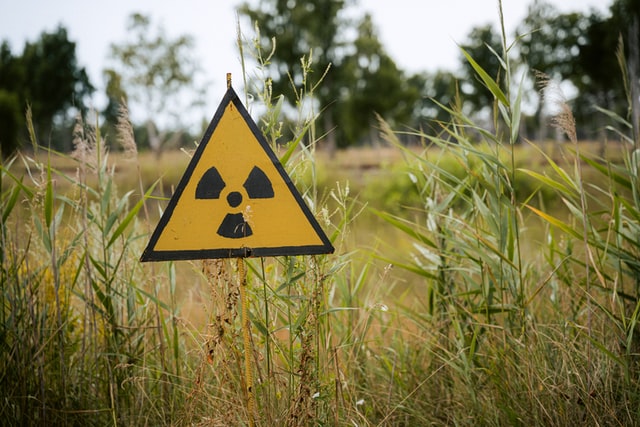Belgium is exploring options for the final disposal of radioactive nuclear waste stored in the country. Energy Minister Tinne Van der Straeten (Green) called it "a decision for thousands of generations to come”. Now, citizens can also give their input on the matter.
“Highly radioactive nuclear waste remains active for hundreds of thousands of years. There needs to be a social dialogue; there is no point making a decision if the population revolts afterwards.”
It is most likely that the waste is buried deep underground.
A task that ‘defies the limits of imagination’
Most of Belgium’s nuclear waste awaiting final disposal is stored at Belgoprocess, a subsidiary of ONDRAF/NIRAS.
“The task we face defies the limits of the imagination. Burying our nuclear waste will be the longest, most expensive and most delicate project in Belgium,” Van der Straeten stated.
The method of disposal currently being considered involves constructing a subterranean network of corridors 23–60 km underground. This is estimated to cost €40 billion.
As to the location, Belgium is looking mainly for a site with sedimentary layers of clay. This can be found deep under the Kempen region in the north-east.
A resilient solution
While a timeline has yet to be decided, research has already been carried out on the process. 40 years ago, the Study Centre for Nuclear Energy (SCK) in Mol built a system of tunnels to facilitate the disposal of nuclear waste.
“Our 40-year research project has demonstrated that clay is a natural barrier very suitable for final disposal,” said Eric van Walle, director-general of SCK. “We have shown here in Mol that it is technically feasible and also safe.”

Nuclear plant in Doel. Credit: Ugo Realfonzo
However, the 40-year-old tunnels will not be used to dispose of today’s waste, they were purely a research project. Over the years, an extensive series of experiments have taken place but whatever solution is chosen will take years to be fully realised.
“The final disposal of the highly radioactive waste will not take place tomorrow,” emphasised Marc Demarche, Director-General of ONDRAF/NIRAS. “It will first have to cool down for another sixty years or so above ground.”
International pressure
Belgium is under pressure from international organisations to find a solution for disposing of its nuclear waste. On 1 April, Belgium’s Council of Ministers adopted a text which takes a decision – in principle – in favour of the geological storage of nuclear waste.
Related News
- Belgium should attend UN conference on nuclear disarmament, say Socialists
- ‘We can’t dominate nature’: As politicians bicker, the public's attitude towards nuclear energy has shifted
But the text does not specify where the waste will be buried, nor at what depth, nor the geological composition of the site.

